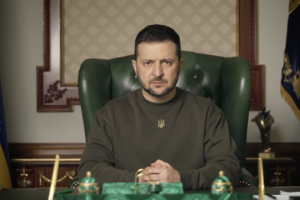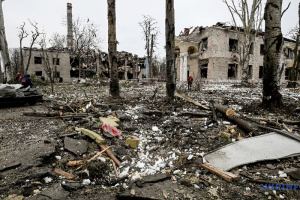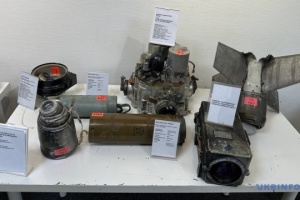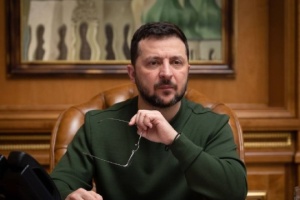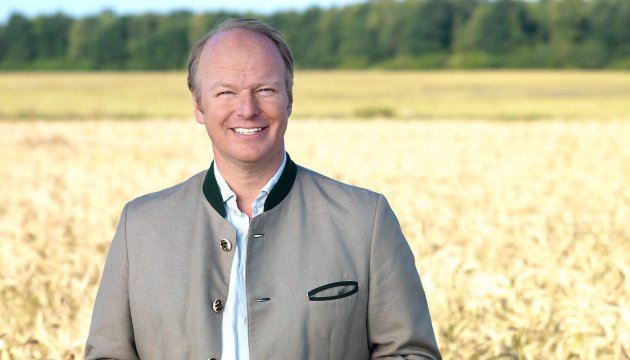
Stefan Hipp, Head of HiPP Group: Opting for organic products is philosophy rather than income
Stefan Hipp is one of the shareholders of the successful family business in the fourth generation; he has a thorough knowledge of organic farming and animal husbandry. He can explain in simple terms that you should not dig the ground to a depth of more than 20 cm as otherwise the fertile layer is mixed with the lower sand layer and the correct structure will then restore for a long time. Mr. Hipp can also explain how to distinguish between the soils with the correct and damaged structure: the good soil easily absorbs rainwater unlike the damaged one. It is also interesting to find out that there are organic means of protection against pests for potatoes, such as the oil of the Indian Neem tree. Another useful tip is that you should mow the fields only in the morning and evening, not in the afternoon, as otherwise you will destroy up to 30% of useful insects that are so important to maintain a holistic ecosystem in organic farming. However, Stefan Hipp is also well versed in the international politics and economics. The good news, in particular, is that he believes in the future of the European Union.
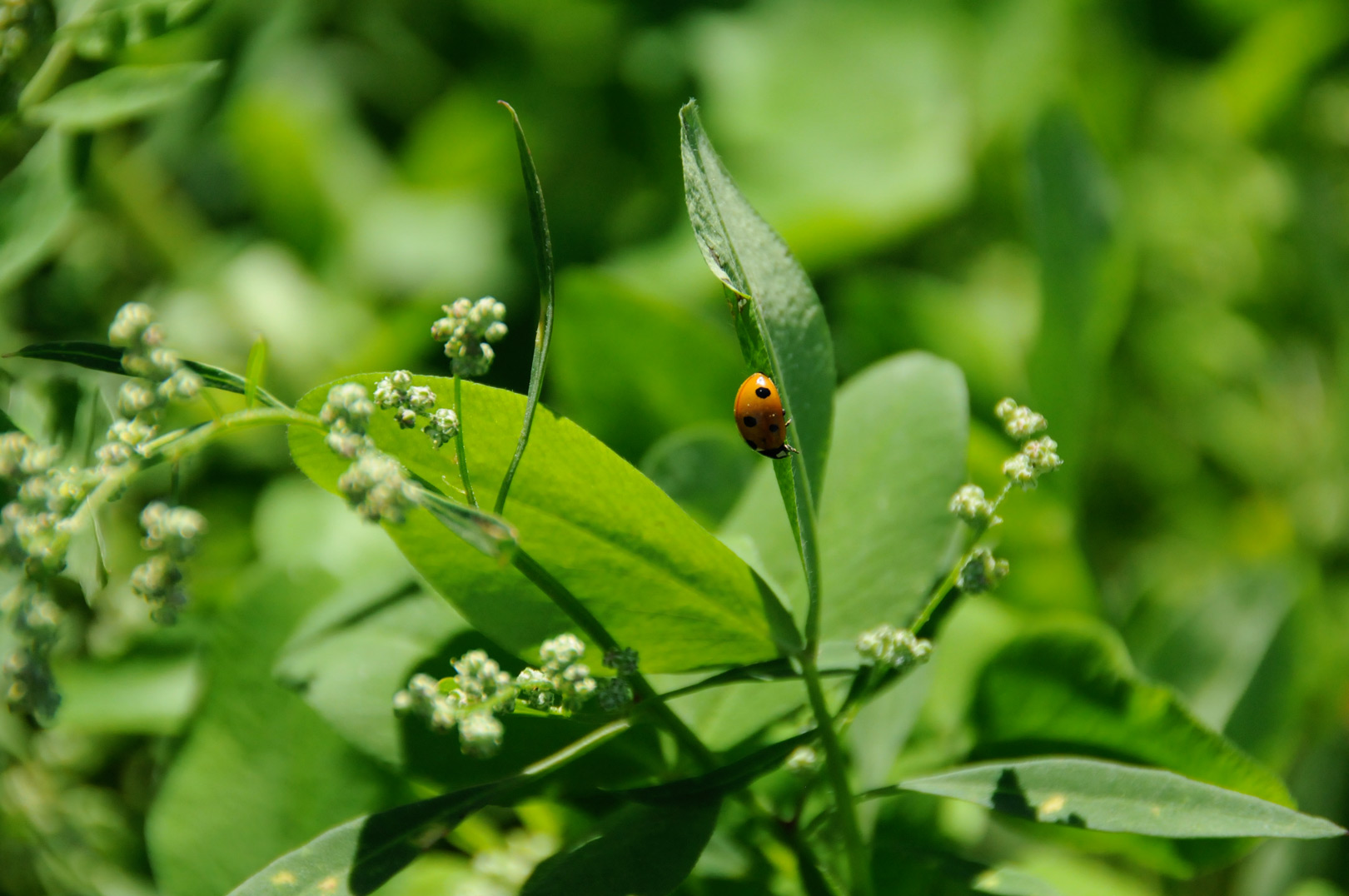
The family business of the Hipp family is not just a successful business. This is the business which has expanded its philosophy and ideology over the years of its development. The company’s philosophy is based not only on healthy eating, but also on what kind of world the present generation will pass on to the next. The most dedicated fans of the "organic philosophy" in Ukraine are the young mothers. However, the popularity of this philosophy among larger number of Ukrainians is probably only a matter of time. At least, such trend is evidenced by the European experience.
A COUNTRY WITH GREAT OPPORTUNITIES AND COMPLICATED REGULATION
- When did the HiPP company decide to come to Ukraine’s market and when did it start to work in Ukraine?
- We started in Ukraine actually right after 1990, immediately after the country gained independence. First, we started to work with the distributors, and in a few years we started our own company in Ukraine. Last year, we celebrated our 20 years anniversary of work here.
- Which post-Soviet countries did you start to work in after the USSR collapsed?
- We are working in Ukraine, Russia, Belarus, Moldova, Georgia, Armenia, Azerbaijan, Uzbekistan, Lithuania, Latvia, Estonia.
- Did you enter those markets at the same time?
- No, we came there step by step. We made business trips to those countries. I still remember that one of the fist travels of our family was to Ukraine. My father [Claus Hipp] is an artist, and he had an exhibition of his paintings in Kyiv in early 1990s, so our family joined him in that trip. It was my first visit to Kyiv.
- What were your expectations on Ukrainian market? Have they fulfilled after 20 years of work here?
- We saw Ukraine as a huge country with a huge market where there are a lot of children. We had very high expectations, and I would say that our expectations were fulfilled. Of course, we haven’t met a target yet. We still want to grow and we still want to improve our business here, in Ukraine. We have a very good team of more than 250 people working for us in Ukraine. Our targets are very clear: we want to regain the top position in Ukraine’s baby food market. We were the leaders before the crisis. Of course, the crisis affected our position as we produce high quality products which are, therefore, rather expensive.In addition, there is a very tough competition in the Ukrainian baby food market especially on part of Russia.
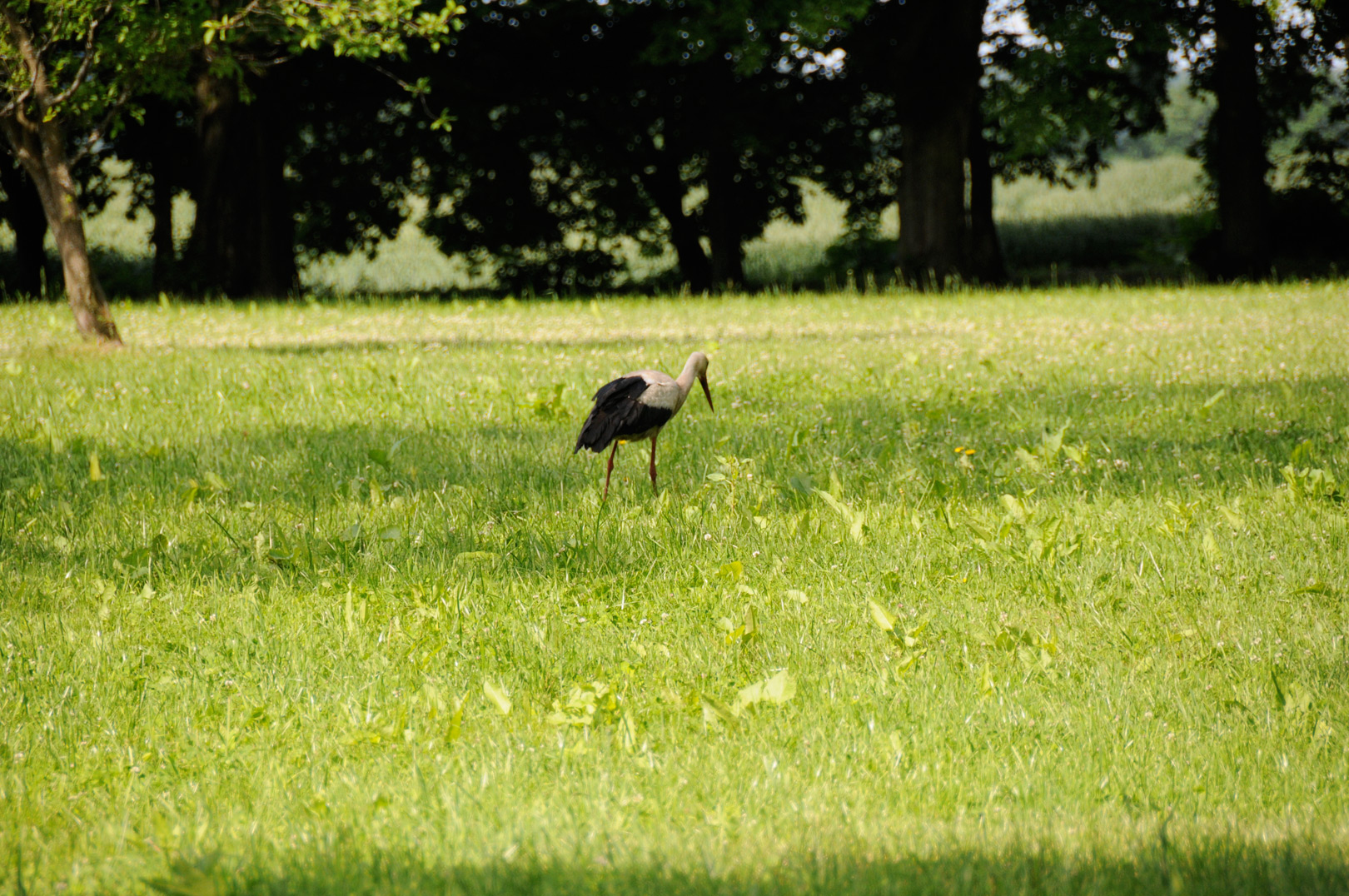
- How do you personally esteem doing business in Ukraine?
- Ukraine has a huge potential and good and motivated people. However, regulation and administrative processes are rather complicated, that is never good for a business.
- Have you noticed some dynamics in easing business operations for last three years, after the Revolution of Dignity?
- The movement is in a right direction. We feel that the reforms are conducted, but very slowly. We wish those reforms went faster as it is very important for the further development.
- HiPP has its own production in Transcarpathia. Does the company have any plans to open a new plant or organic farm?
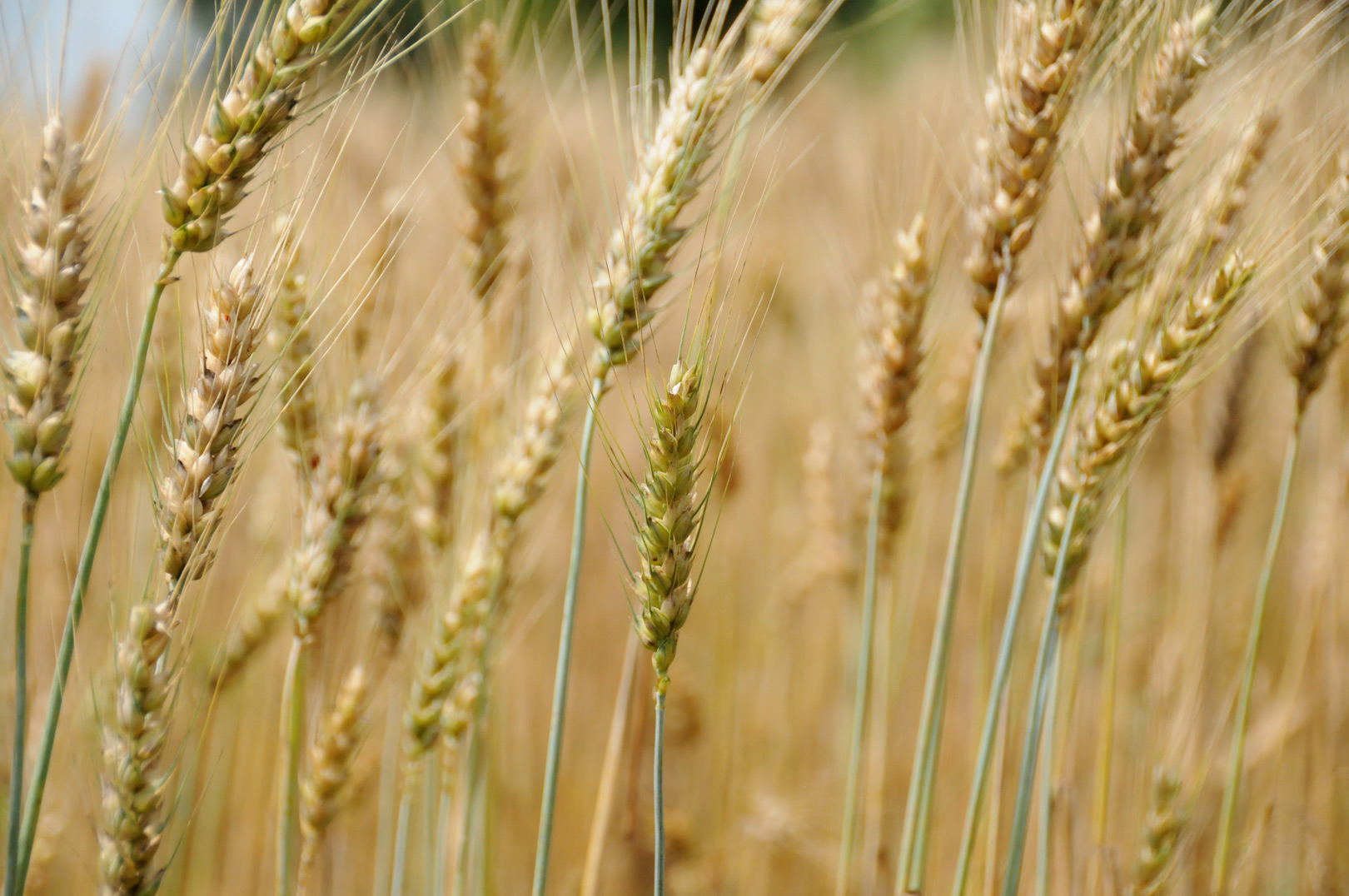
- We have been running effective business in Uzhgorod for many years. We produce tea for Ukrainian market. We also plan to export it to the CIS countries and some nearby other countries like Bulgaria and Hungary. We also produce baby water in Uzhgorod.
There are no plans to open a new plant in Ukraine, but we plan to build up our production capacities in Uzhgorod.
Generally, Ukraine has a huge potential for organic farming. We have been using organic raw materials from Ukraine for 15-20 years.
We launched the organic apple project in the Carpathian Mountains area many years ago. We also use Ukrainian berries such as blueberries and strawberries in our production. We also work with several grain farms. We are especially interested in rapeseed, buckwheat and some other grain crops.
In general, we see the increasing interest in the organic farming in Ukraine.
We also might think about some investments in the Ukrainian organic farming in future. There are excellent soil conditions as the fertile layer in Ukrainian black earth soil is about 1 meter, while in the majority of world’s soils this layer is only about 20 cm.
- What are the main conditions for the HiPP company to invest?
- The law on land ownership is one of important conditions. This is very important for making investments in farming.
Another important thing is the infrastructure development because if we produce something we have to supply our products somewhere.
The terms of export from Ukraine are also important for us. We are glad that exports from Ukraine to the European Union are getting easier.
- You have repeatedly mentioned that conventional farming has a negative impact on nature, for example, on the lakes and the rivers. Does the HiPP company have any plans to help to clear some lakes in Ukraine?
- If, for example, we start some farming in Ukraine, then, of course, a lot of environment measurements will have to be improved to be in line with our standards. Thus, the organic farm would be a useful project for the environment as well.
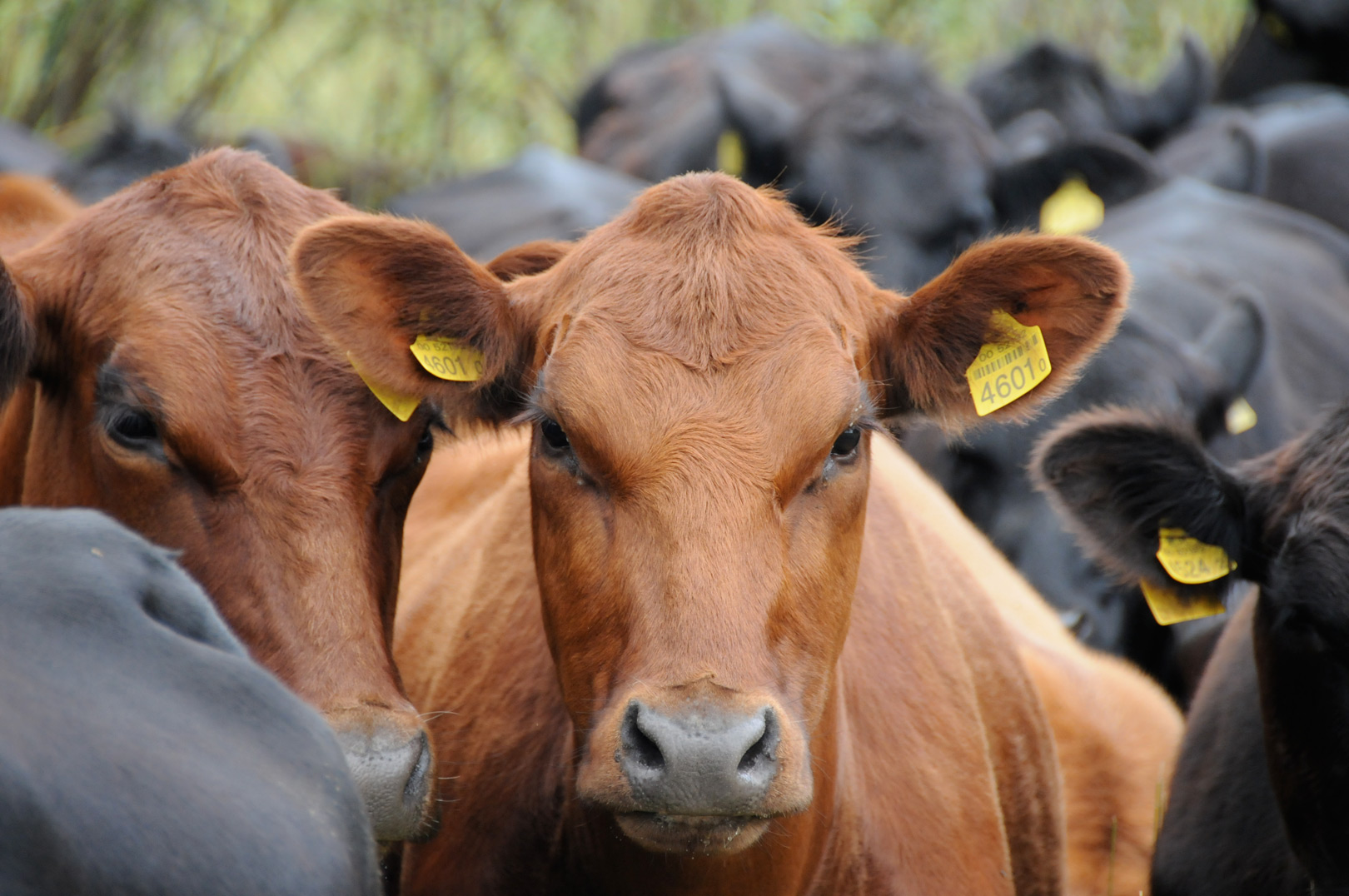
GERMANY AS A PIONEER OF ORGANIC MOVEMENT
- HiPP works in over 50 countries. What countries have the largest share of organic products in the general products market?
- The biggest organic market in Europe is Germany, where the annual sales of organic products exceed more than EUR 10 billion. HiPP sells around 50% of its production in Germany.
- Can we describe Germany as a pioneer of the organic movement?
- Yes, we can. Germany has a very old tradition if we come to organic products. The first organic products were sold in Germany in 1970s. At the beginning of 1990s, people of Germany became more food cultured, they started to think more about the quality of products, where the plants were picked up. Nowadays, majority of Germans is convinced that organic food is not only safe and clean, it is also the best for our environment.
- What was the reason for increasing interest in the organic products? Did the German government finance some studies on how organic products influence longevity or quality of life?
- The German press definitely wrote a lot about the organic products and their usefulness. One of the most important things is to make the consumers understand why organic products are better than conventional ones. Now in Germany there are specialized journals on organic productswhich are promoting the natural environment, health and society by spreading the importance of consuming organic food.
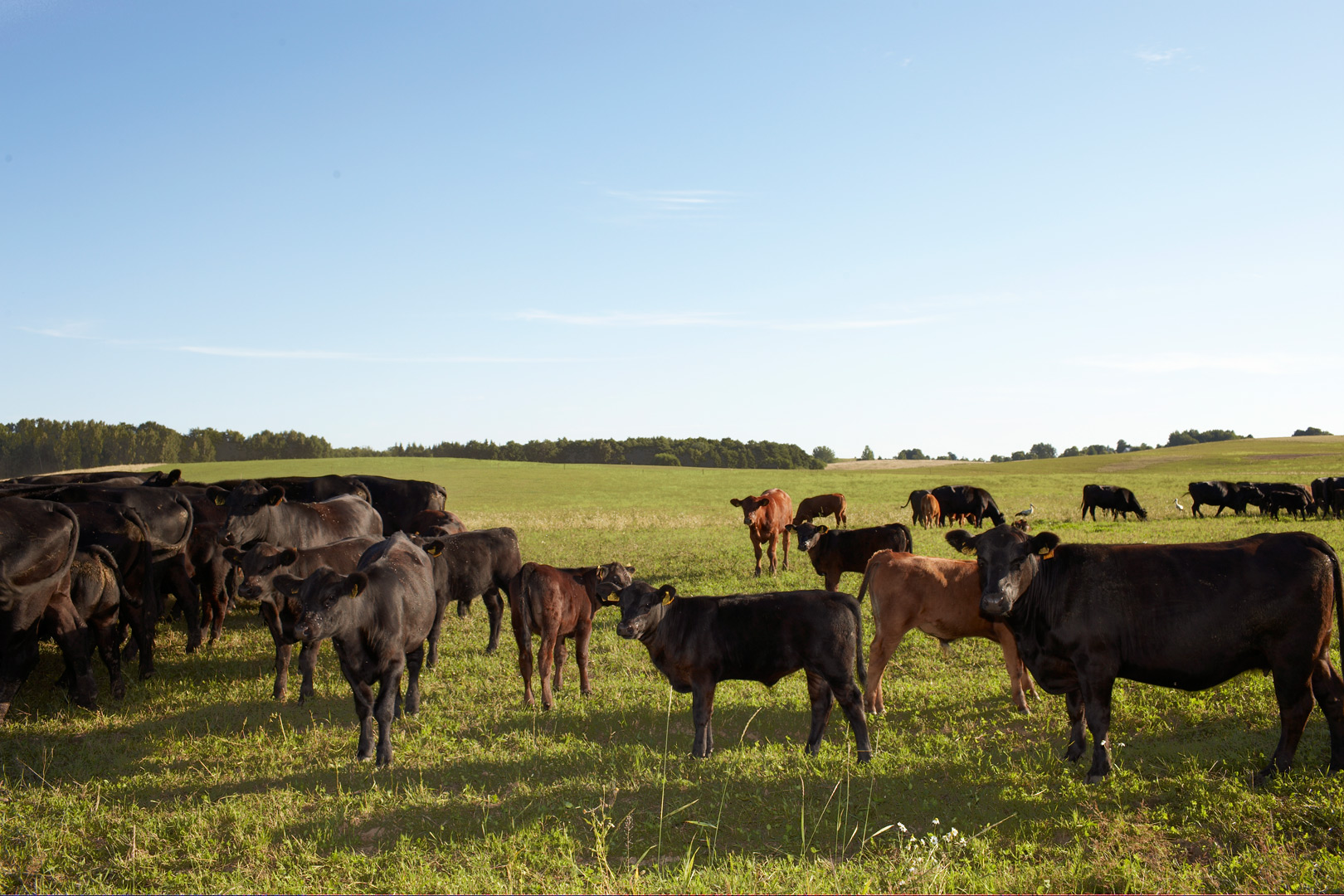
I also believe that the marketing and all the advertisements we have done also developed the organic market. The German government has helped organic farmers and promoted the organic idea.
Another big issue might be that there have been a lot of scandals over food quality in Germany for last 20 years. So people don’t trust anymore the cheapest food products and it make people change their thinking. Now they are thinking more about quality than just price.
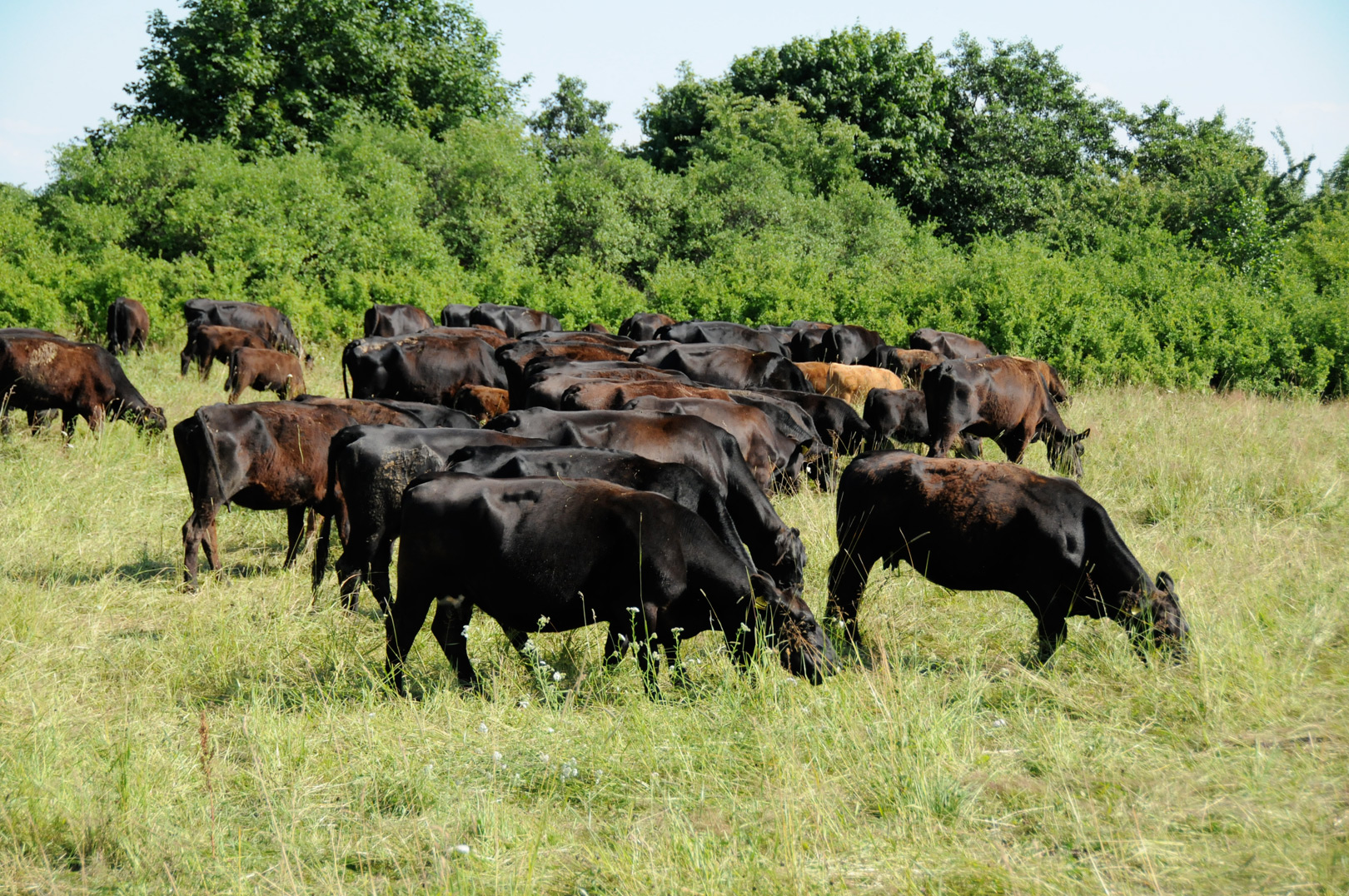
- Have those scandals carried some consequences, particularly in context of a responsibility?
- Of course, some companies were closed and products were taken out of a market. However, since people felt more unsafe with products they bought, they started to think more about where the products come from. The consumers want to know even which farm the products come from, they want to know how the food is produces, how it is controlled. As for organic products, it’s very clear that no chemicals are used in production.
- Which country shows the fastest growth of demand for organic products?
- France showed big growth last year in Europe. France doesn’t have such a long tradition of organic products but people really have changed now. Organic market in France grew by over 20% last year which is a serious leap.
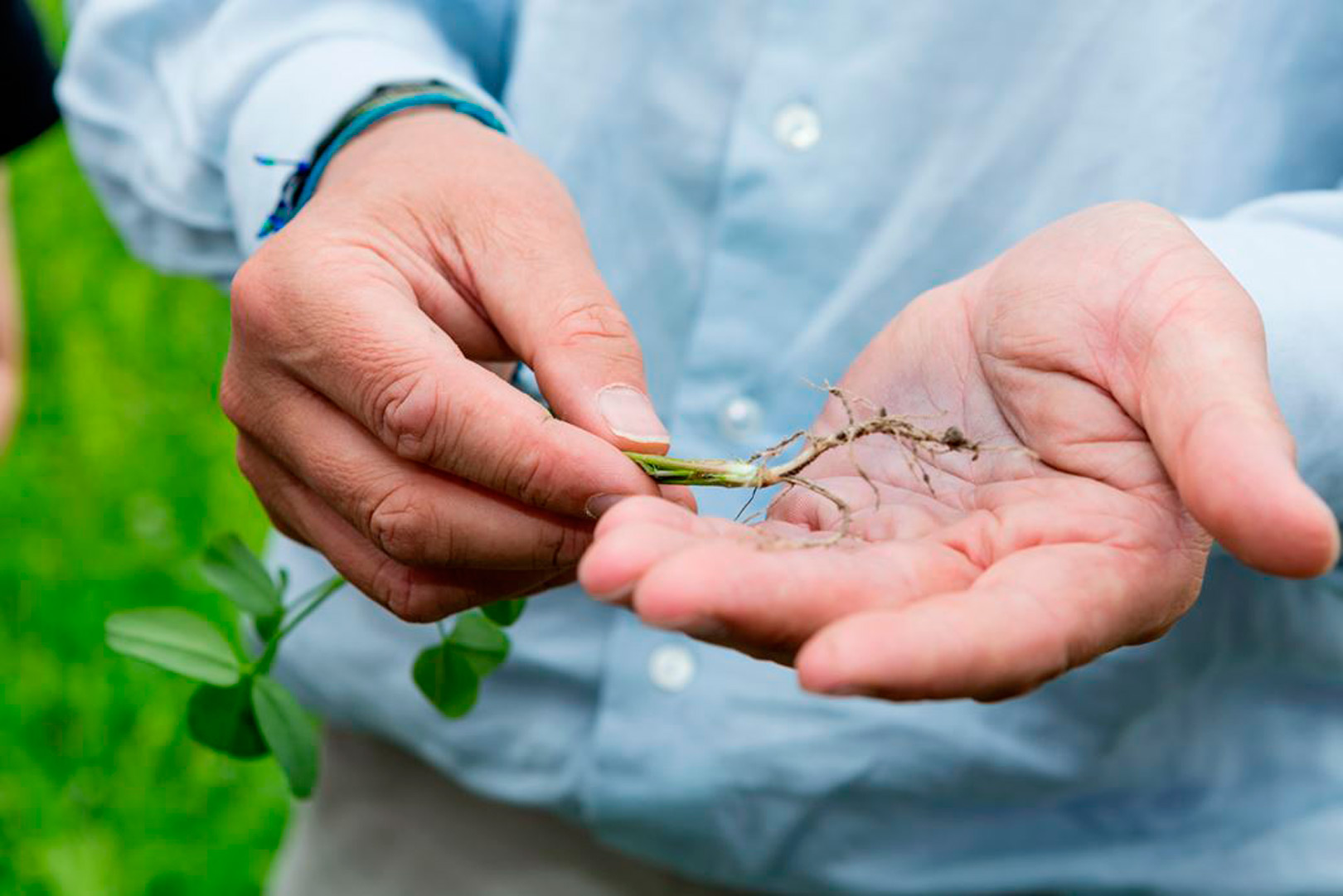
IF UKRAINE SHOWS DEMAND FOR ORGANIC PRODUCTS, DOMESTIC PRODUCERS WILL APPEAR
- What about Ukraine’s organic market?
- Unfortunately, the organic market in Ukraine is very small. The one of the reasons for that is that there is a small offer in the market, not many organic products you can buy. Of course, the situation with baby food is a different, it is a huge assortment. So, I believe, probably 80-85% of organic products sold in Ukraine now are baby food.
It is very important to bring Ukraine’s organic market up. It is also important for Ukrainian producers and farmers.
- What is the main reason for such a situation in Ukraine? Is it low income or the philosophy of people?
- I think, first of all, it’s philosophy of people. People don’t know enough about it. However, I see that a lot of young people are interested and really look what they eat.
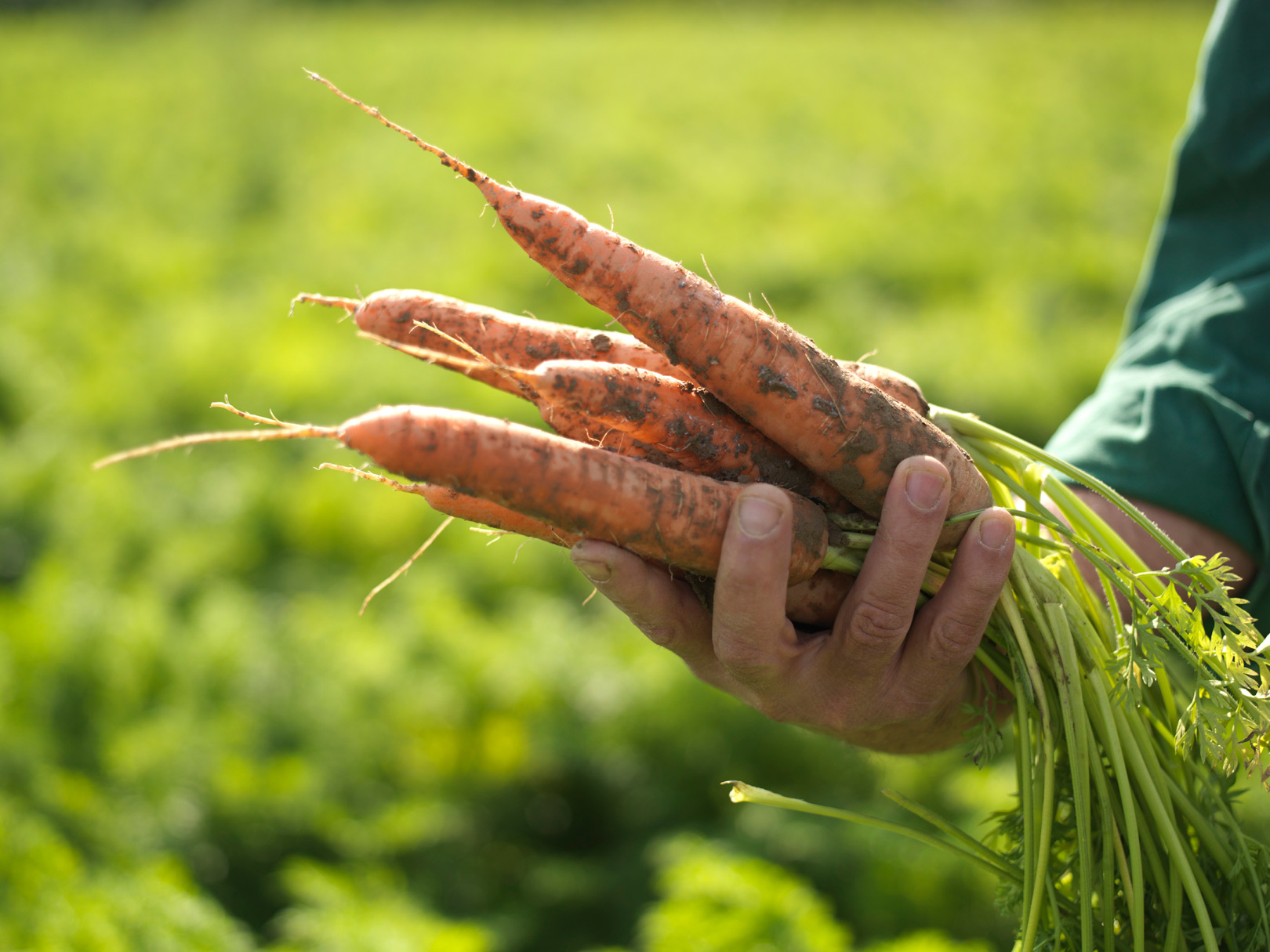
However, there is a need for explanations so that people could understand why they should buy such products. So, if there is demand for organic products, the supply will automatically start, and more and more farmers will produce only for Ukrainian market. Currently, the majority of the organic farms in Ukraine produce for export.
- What, in your opinion, is the most effective way to raise Ukrainians’ awareness about organic products?
- I think the most effective way is to explain people the background of organics via the internet and all kinds of the media. We should explain why we produce organic products, why organic is clean food, why organic is good for the environment etc.Thenpeoplewillstarttothinkaboutthis.
The main reason to develop organic production is health. Organic products are clean and free of chemicals, have more vitamins.
It is also important to tell people about the negative impacts of conventional farming on the environment as all things that conditional farming destroys will be a huge damage in a long term. Young people already think about the next generation: we want our children to live in the world which is still in good shape, not a world where everything is destroyed. If you look at countries like China or some other, you will see that many things have been destroyed because people just took it in a short term.
- Ukrainian business also has short-term thinking…
- It’s a matter of education. By the way, education has never been a short-term thing. Yes, many business people have short-term thinking. However, if there is demand from a consumer’s side, the business people will follow as they want to sell the products the consumers are asking for. Consumers have to be convinced that it is a right way. Everything else will follow.
There was the same situation in Germany. When the demand for organic farming started to be much higher than the offer, a lot of farmers started to think there was a business opportunity in the long term.
- Does demand for organic food depend on average salary in the country?
- Most of organic products, unfortunately, are still expensive. However, if you look at some products, you can see there is always a question how important it is for a consumer. Here is an example of baby food. Mothers all over Europe now want to have the best products for their babies. They are willing to spend money even if living in the countries with low income. The average income in such countries as Austria or Germany is, of course, higher than, for example, in the countries of Eastern Europe. However, not only people with high and medium income buy organic products. People with low income also buy organic products as it is their philosophy.
- If to speak about potential creation of Ukrainian organic product brands, howmuchtimewill it taketogaintrustfor anewbrand?
- The trust for itself cannot be gained in a couple of years. I think that credibility depends much on control and regulation. There are always 90% of bona fide producers and 10% of those who want to bypass control and not spend money on compliance with all the standards that affect trust.
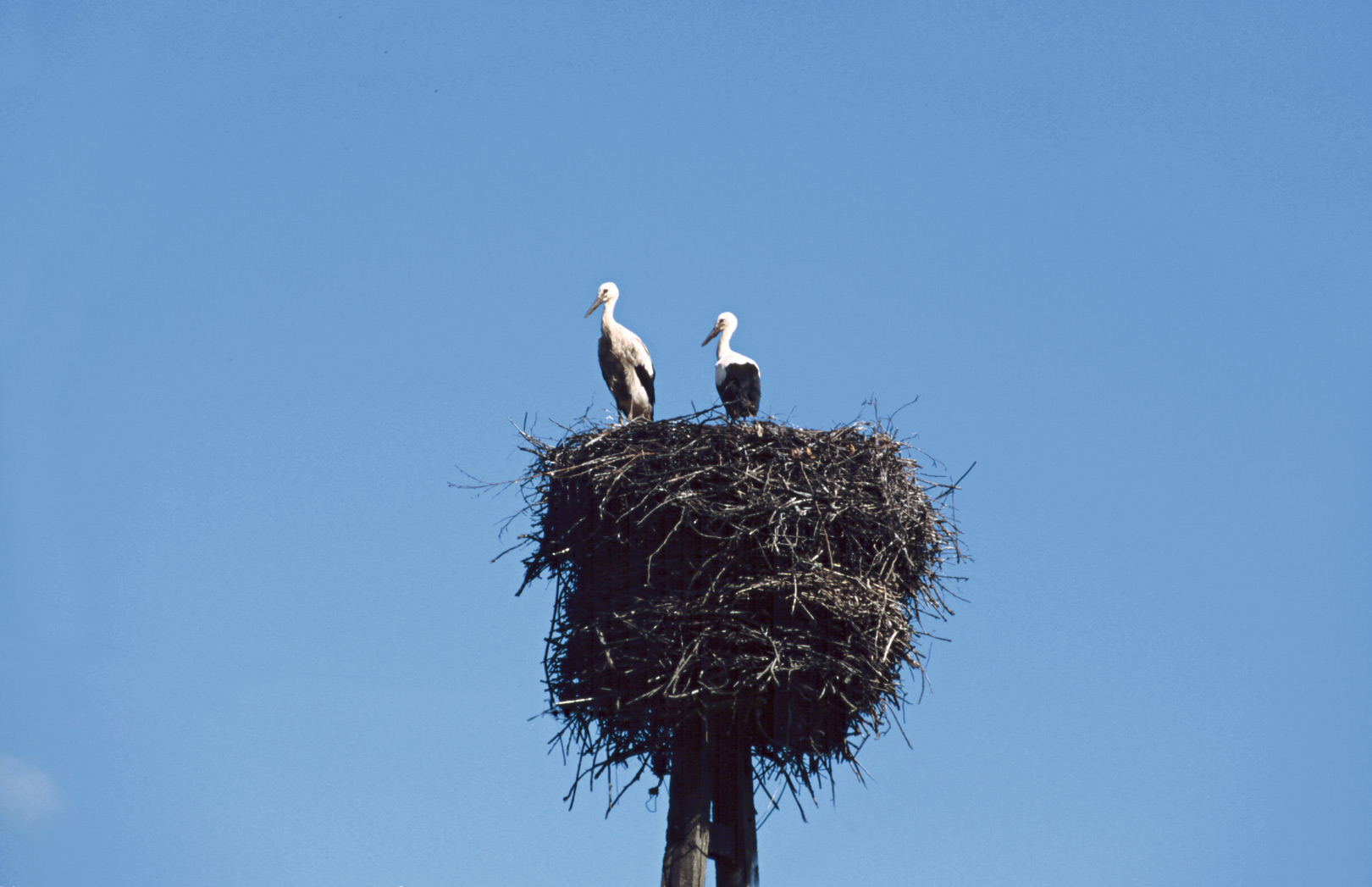
FAMILY IDEOLOGY
- There is a proverb "It's neither my headache nor my piece of cake", which can be easily interpreted that a lot of Ukrainians will do something useful and better for themselves and their families rather than for the country and the world. But the HiPP company was founded when your great great grandfather wanted to make a better life for his family. What has the HiPP done in the process from a desire to make a better life for their family to a desire to make their country and the world better?
- Yes, I think the same is possible in Ukraine if the right conditions are created. From the very beginning when my great great grandfather started it, it was very much for the family, for his children survive. But since the moment when my father took over, he has always had this idea – bringing the organic idea all over world, convincing people and all together we will reach this target and this vision.
- It seems that you have created some small world or a state in the global world.
- Yes, it’ a system working in a big system.
- Does your family have some kind of a motto?
- Yes. Few generations of our family has had a motto: Don’t be afraid of anything and anybody, look up at the birds, always be honest.
- What do you read?
- I read a lot of scientific articles about organic farming, about environment, about plants. Last book I have read was about trees.
- Are you free in doing what you want?
- When you run a family business, you are never absolutely free in doing what you want because you have a lot of responsibility, a lot of work to do. And I was grown up with the philosophy from my father that’s whenever I inherit the company I am just one guy who has to keep it for a while, and then pass it on. There is a lot of responsibility and not a lot of free time. But I like what I do, and it’s a big thing.
Nataliia Kostina, Kyiv


